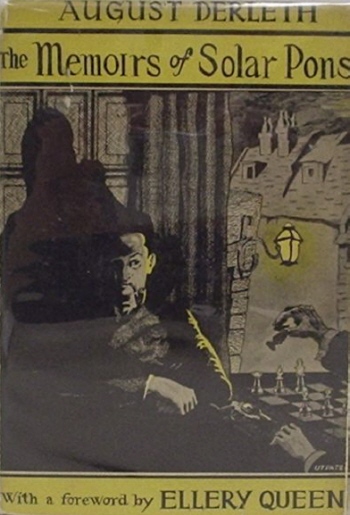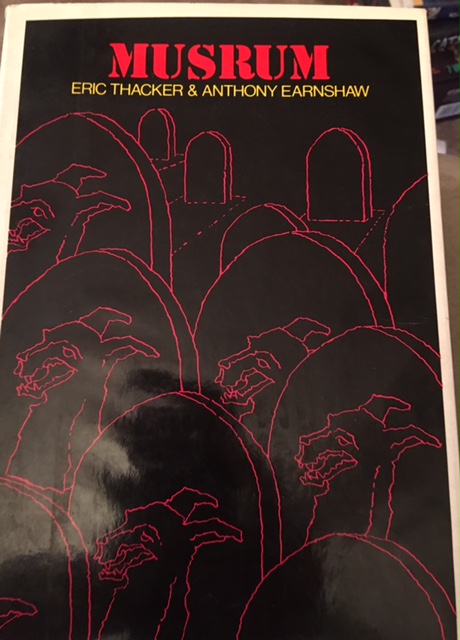
The cover of the surreal 1968 book Musrum.
By Scott A. Cupp
This is the 196th in my series of Forgotten Books.
This week I have decided to share with you one of the oddest books in my library. Back in the late 70’s I was living in San Antonio and my friend, noted collector Willie Siros, showed me the oddest book from his library. That book was called Musrum. About a week later, I found a copy of it at the long gone and lamented Et Cetra Books near San Antonio College.
I read through it then and was fascinated. The authors, Eric Thacker and Anthony Earnshaw, did one other book, Wintersol, which I have hunted for ever since and have never even seen a copy for sale. ABE (Advanced Book Exchange) has a couple of copies, both of which are over $50.
How to describe Musrum? It’s not a novel; it is more a collection of odd ramblings about a lot of subjects with numerous bizarre illustrations and typography. They love to hide the name Musrum in the illustrations, sometimes pretty abstractly, other times in shadows.
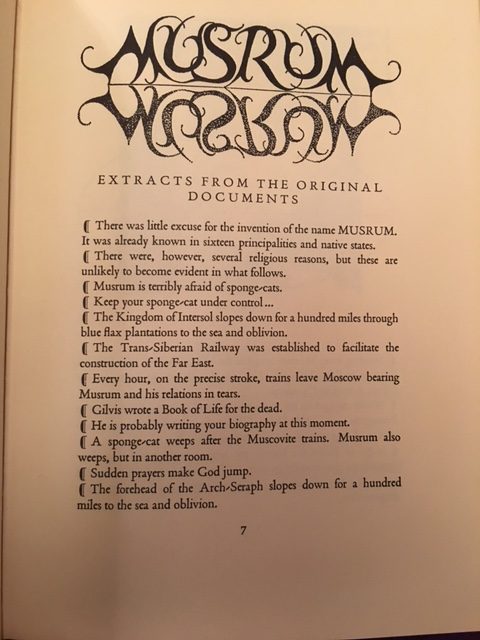
A sample page from Musrum
I’ve included some photos to give you some idea. I have also excerpted the section titled “Columbus” below:
Columbus
- Christopher Columbus often related a singular childhood memory, in which he was stopped, in a Genoan street, by a man who asked the way to Chicago.
- Columbus had a left eye of solid gold.
- He had been credited with the invention of Faraway Places.
- There is a religious reason for this.
- On his voyage across the Atlantic, Columbus discovered several (some say six) mid-oceanic islands. The secret of their location died with him.
- Included amongst his baggage as a generous bale of feathers – a gift for the birds of America.
- On landing in the Bahamas, Columbus met a native chief with a left eye of chalcedony. They did a straight swap.
- In the Bahamas, he frequently held converse with his kindred in Europe. They could hear each other quite clearly over this immense distance.
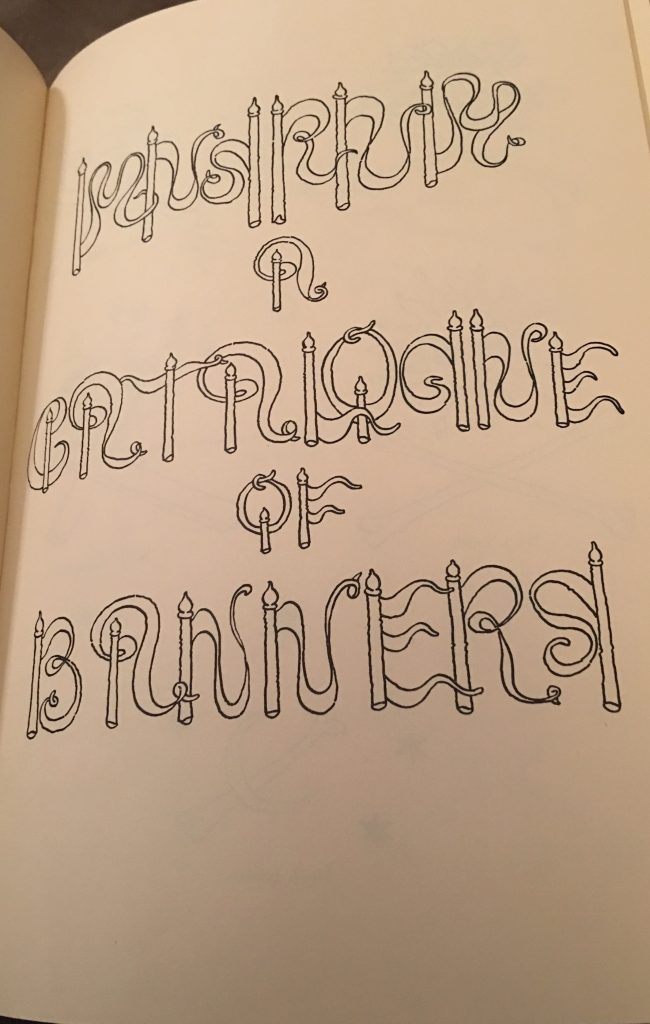
Musrum a catalogue of banners
- Similarly, being a historical figure of great stature, he was able to display to his waiting sponsors in Europe many native artifacts and treasures. He merely needed to hold the objects high above his head.
- Columbus discovered a unique group of islands one hundred and thirty-two miles due south of New York. (See Fig. 1.)
- His cartographer made a chart of this group, using invisible ink – whereupon the islands themselves vanished.
- Fear dissuaded him from entering New York harbor. The place was infested with sponge-cats.
- Musrum had fled the city some days previously,
- Kneeling down by the waters of Lake Huron, Columbus kissed the clear reflection of the Queen of Heaven; then, scooping up a gobletful of her gentle visage, he dashed it against a rock. A small amethyst dropped to the ground. Picking this up he screwed it deftly into his right eye.
- Gott strafe Isabelle!
- Columbus dropped swiftly down to the sea and oblivion.
- He kept a sponge-cat with no eyes at all. He was terribly afraid of it.
-
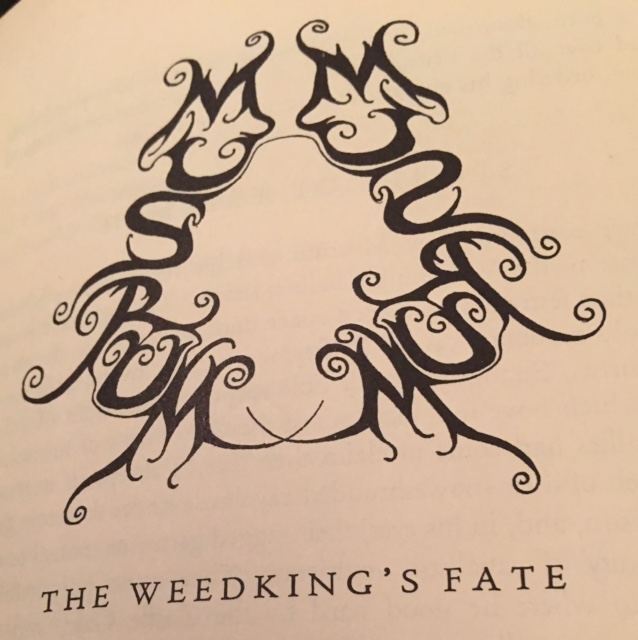
A page detail from Musrum
A.D. 1505. God noticed the existence of America for the first time.
- A,D. 1933. A carrier pigeon released by Columbus arrived in Lisbon; nobody recognized it for what it was.
- For a keepsake, Columbus gave his flagship to a Native Chief. He remained marooned in America until 1502.
- Any European rulers commissioned Columbus to discover new continents so as to enhance their prestige; but he was a monomaniac… He discovered America in fifty-seven slightly different versions.
- It pleased him, in his old age, to converse with other mariners. A wide range of subjects included the sites of sea battles, undiscovered continents, and the repair of ancient islands.
- Crabmeat; wishwater; hard sunshine; milkwet silvershard; Christobus smiling remotely.”
So, that’s three pages out of 160. Surreal and fascinating stuff. Enjoy the pictures. (The one with the flags reads “Musrum, A Catalogue of Banners.” If you stare at it long enough it makes sense.
I know Musrum will not be for everyone, but I find it a fascinating thing to dip into on odd occasions. Sort of like The Codex Seraphinianus. But you can read it and, in the right frame of mind, understand it.
Series organizer Patti Abbott hosts more Friday Forgotten Book reviews at her own blog, and posts a complete list of participating blogs.

